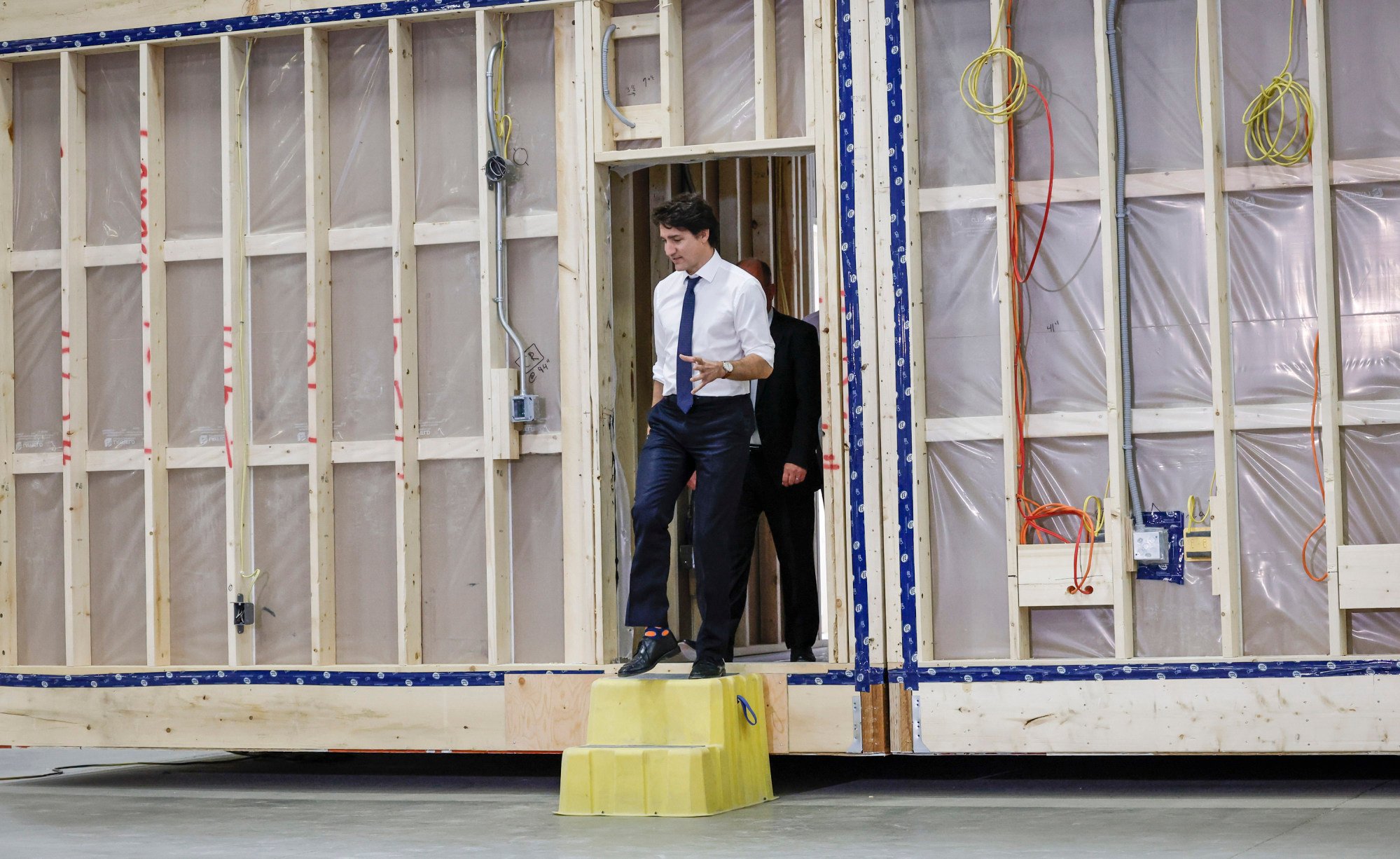Global Real Estate Dynamics: Hong Kong Versus the World
In the global real estate landscape, differing policies impact luxury residential properties significantly. Knight Frank reports that policy changes are a major concern for the luxury housing sectors in the world’s biggest cities. Despite common trends in most regions, certain countries have taken a more rigid stance against foreign property ownership to stabilize their markets.
Canada’s Tight Grip on Foreign Property Ownership
Surprisingly, Canada has adopted some of the strictest controls on foreign property investments. The Canadian government recently prolonged its prohibition on residential real estate purchases by non-residents by two additional years, aiming to calm the housing market. This move, designed to improve affordability, highlights concerns that foreign investments were inflating property prices beyond the reach of many Canadians, casting housing primarily as a necessity rather than an investment.

During a visit to a modular housing plant in Calgary on April 5, Prime Minister Justin Trudeau underscored his administration’s commitment to tackling the housing affordability crisis. The Canadian strategy includes not only restrictions but also supportive measures to lower the costs and accelerate the construction of new homes. Although primarily restrictive, the policy does allow some exemptions for permanent residents, international students, and temporary workers under specific conditions, pointing to nuanced approaches within the broader framework.

Contrasting Policies in the U.S. and Other Nations
In a stark contrast to Canada, some U.S. states have enacted laws to prevent citizens of certain countries from buying property within specified areas. For instance, Florida passed a stringent law which faced legal challenges and was eventually overturned following a lawsuit by two Chinese nationals, highlighting accusations of racial discrimination by entities like the Asian American Legal Defense and Education Fund.

Meanwhile, other countries have chosen to raise taxes on foreign buyers to cool down their markets. This approach aims to curb speculative buying by non-residents without outright bans.
The Complex Interplay of Regulations and Market Dynamics
While the effectiveness of outright bans on foreign buyers is debatable, there’s a consensus that curbing speculation is crucial. Despite numerous cooling measures, Singapore witnessed a property price surge during the pandemic, attracting investors looking for stability in uncertain times. This phenomenon underscores the dual-edged nature of being a safe haven—a status that comes with its own set of challenges and advantages.
Singapore’s robust housing system, characterized by high home ownership rates, stands in contrast to places like Canada, where public housing is less prevalent, and cities like Vancouver and Toronto see significant affordability issues due to safe-haven investments. In Vancouver, a dramatic price increase between 2014 and 2016 was partly due to massive capital inflows from China, with subsequent regulatory measures in 2016 and 2017 bringing some stability.
Hong Kong’s Strategic Positioning in the Global Market
Amidst these international dynamics, Hong Kong is positioning itself strategically to attract foreign investors. Recent policy adjustments aim to rejuvenate its real estate market by making it more appealing to overseas buyers, especially during a global economic slowdown. These policies not only aim to boost Hong Kong’s property market but also address broader housing challenges, balancing the need for economic growth with sustainable urban development.
This nuanced approach highlights the importance of a balanced policy that accommodates both economic growth and the genuine housing needs of the population, illustrating how diverse strategies can influence global real estate markets differently.
